They’ve been a major part of the gaming world for well over three decades, but the exact definition of a ‘games journalist’ has never really been nailed down. Some argue that the term refers to those who report on happenings within the world of games development whilst others vehemently insist that their role should be one of objective critique above all else.
Regardless of how you define it, games journalism has long evolved past its roots in special interest magazines into a career-path and quasi-industry of its own.
The question then, for more than a few avid wannabes, is how does one break into and earn their living from games journalism? I recently caught up with a half a dozen seasoned games journalists, critics and editors to find out more about the financial realities of working in the field.

UK-based freelancer Richard Cobbett has been writing about games for over a decade. His work has appeared in both magazines like PC Gamer and websites like Rock, Paper, Shotgun and he’s quick to advise amateurs to “look [at] it more as a hobby than a career.”
Cobbett has been working in games journalism since 1999 and got his start “writing reviews for websites, which expanded out to doing features and columns.”
“That produced a nice portfolio of stuff so that when I applied for a job, I had something to show. Though it wasn’t a games magazine – all of my games writing has been freelance – it was at Future, working on ‘serious’ mags, where it was easier to get in with the long-defunct DailyRadar, and from that, be noticed by PC Gamer.”
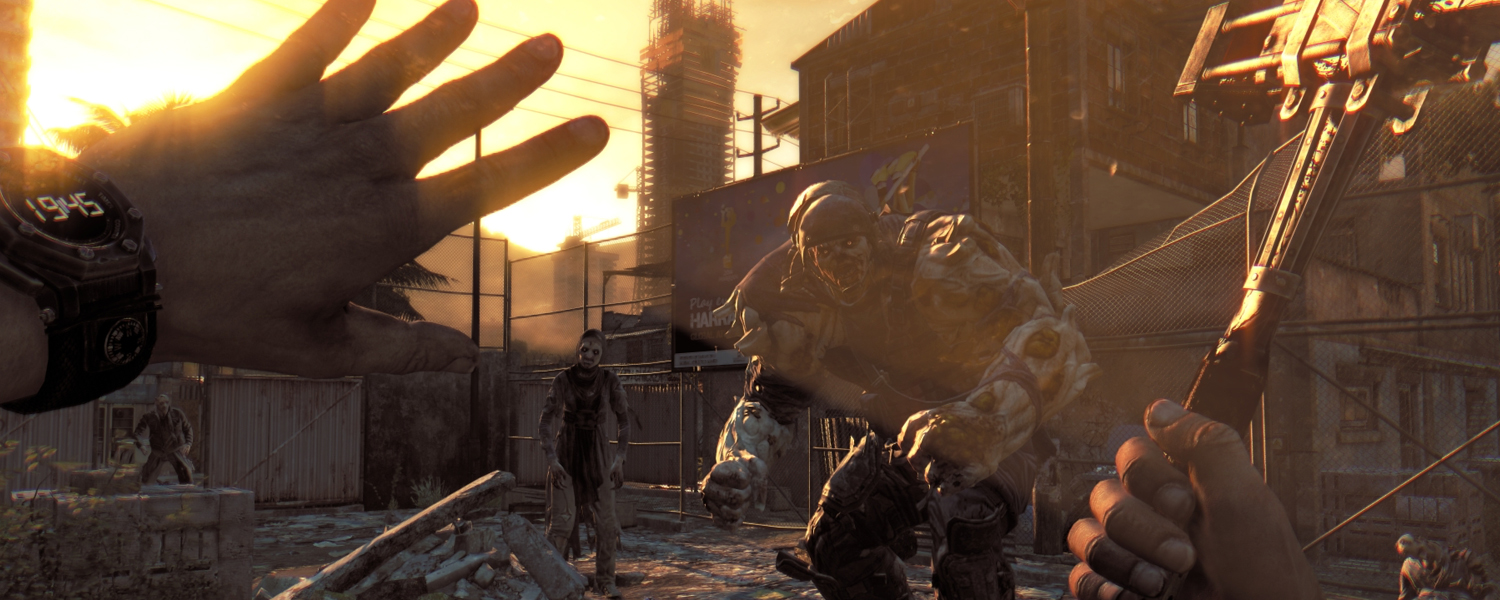
Though quite positive about his experiences, Cobbett is quite direct when it comes to touching on the difficulties facing prospective games journalists. “If you can get a job on a games mag then you’ll probably have a really good time, but there are increasingly few around, and neither the pay nor the job security is what it used to be.“
Cobbett’s stories echo those of Gamespot AU editor Daniel Hindes. Hindes started his games journalism career “by cold sending a sample to the then-editor of PC PowerPlay magazine. It was about EVE Online. He liked it, and gave me a monthly column as a freelancer. From there I started pitching more features and taking on more work.”
Hindes has come a long way since then but he’s not afraid to offer advice for newcomers – though this doesn’t come without reservations. “Everything is completely different now than it was when I first started, so it’s difficult for me to give useful advice. What I can say is that I’ve noticed your social media presence directly relates to how employable you are perceived to be.”
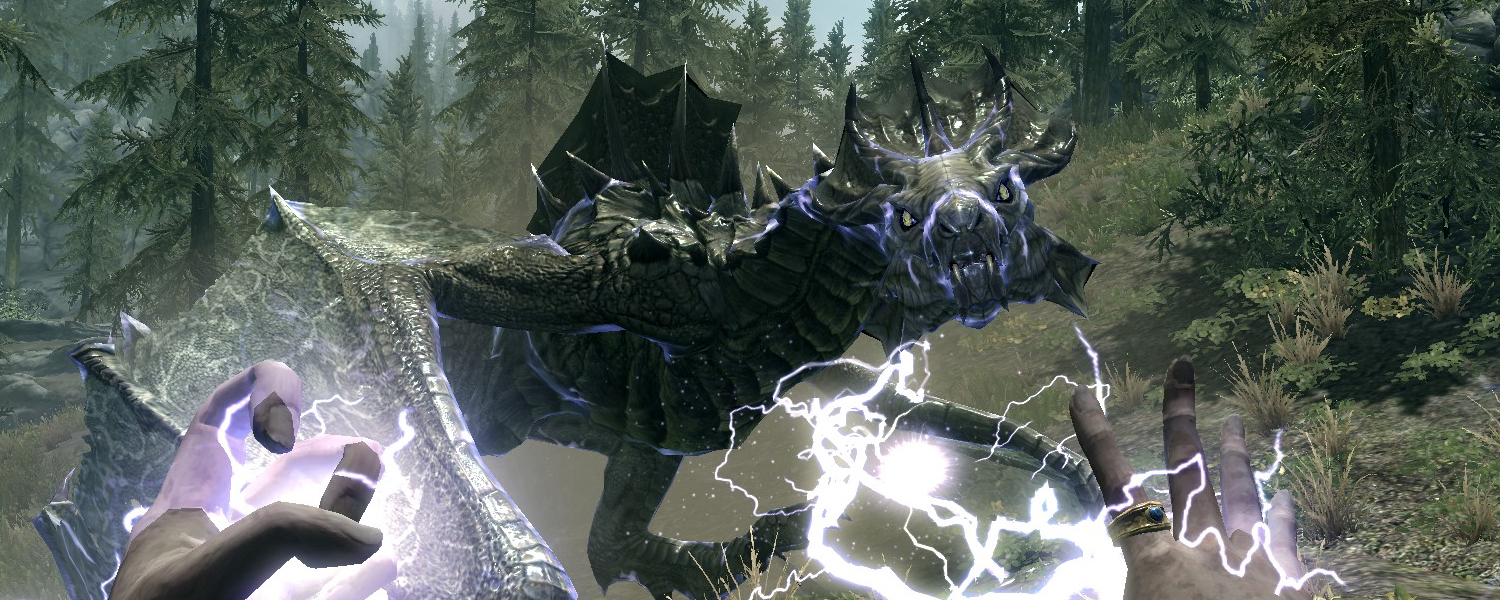
It’s a perspective shared by fellow Australian games journalist and director of the Freeplay independent games festival Dan Golding. According to him, “Twitter changed everything – I think I’ve got the majority of my work through social media.”
Golding’s advice for newcomers is simple: “I think ultimately to get into the industry you need to have good writing samples, and a way to get them in front of people. Whether those samples are on a blog or in a publication doesn’t matter too much. Whether you send those samples cold to an editor or whether you develop a relationship with them first via social media or the like also, I think, doesn’t matter much.“
“Write often. Read often. Know what your work is worth. That’s the best advice there is at the moment.”
The current managing editor of Joystiq, Susan Arendt, has more practical financial advice for those looking to go pro. “Have another source of income. Getting your break can be a very time consuming process, and it’s important to be able to pay your bills while you’re paying your dues. Be flexible – the more kinds of content you can produce, the more likely you are to be a valuable asset for an editor.“
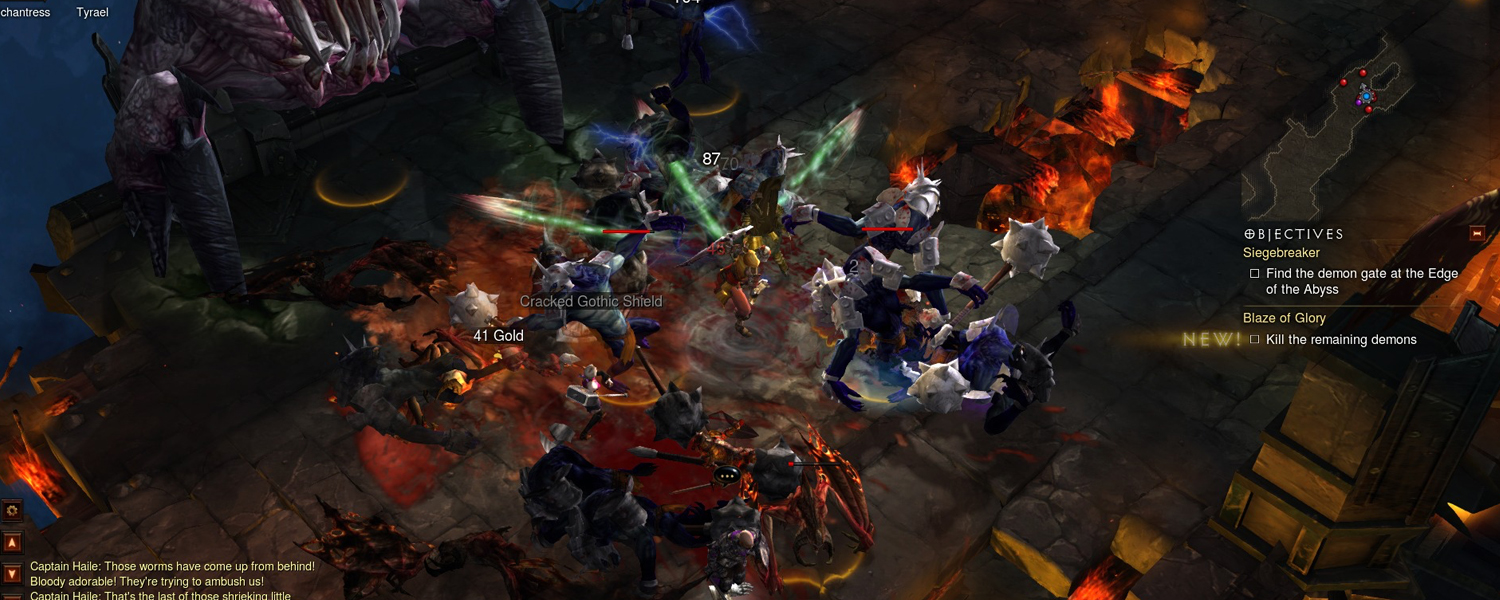
Arendt has been a part of the industry for over two decades and has written for a diverse array of outlets from Wired to The Escapist. “Originally, I started working at a volunteer site as a way to get review copies of games, either to keep or to trade in towards other games. It was my second job so that I could afford gaming. Did that for five years, eventually becoming Executive Editor of the site, then transitioned into doing news for 1up, which gave me the experience I needed to work for Game|Life full time.”
Leviathyn’s Sony Editor Cassidee Moser may not have the same breadth of experience but her start in games writing has a lot in common with Arendt. “I started writing about games because I wanted to start making some money as a writer and I knew it was a topic I was interested in.”
Her advice for writers looking to break in? “Start writing for free. I mean it. It’s definitely important to value your work and hope to get compensated, but you have to keep your expectations realistic. If you refuse to write for free, you’re going to rob yourself of good opportunities to improve your craft and build your personal brand. Once you feel comfortable with what you have in your portfolio, then start to consider moving into freelancing.”
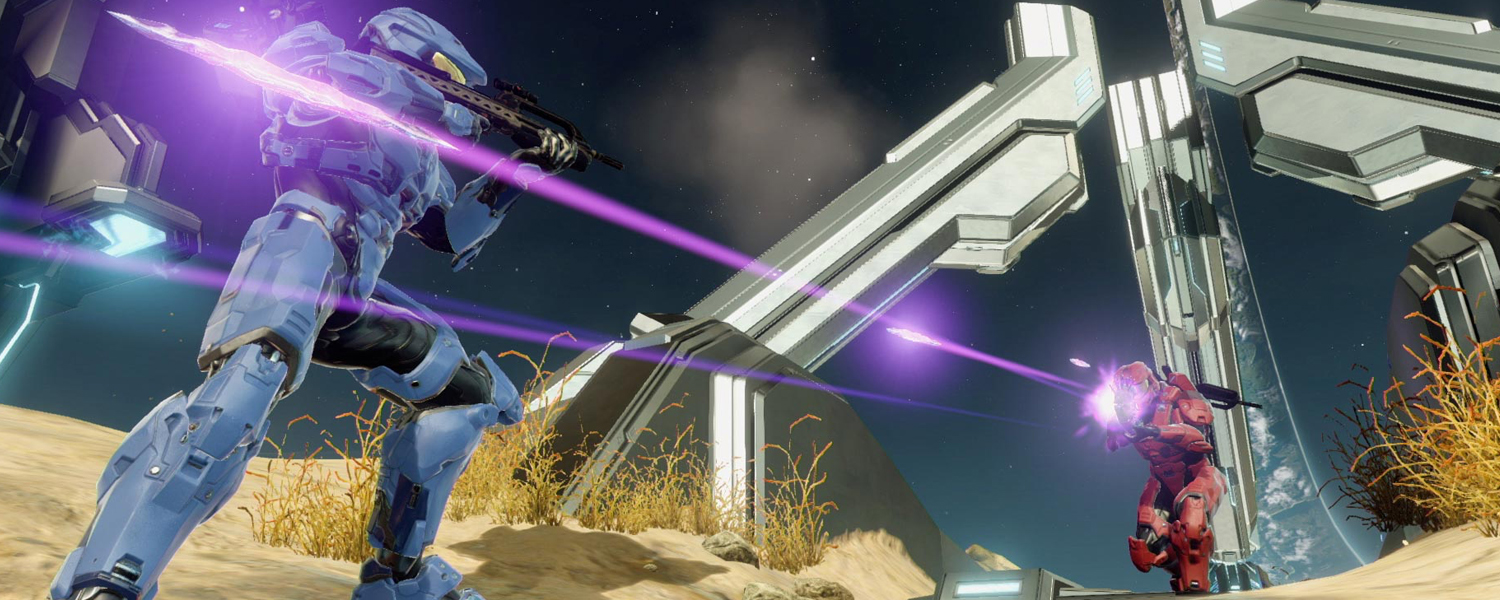
“I’d also encourage people to research the career and make sure it is, in fact, something they want to do. Yes, it’s fun to write about video games, but it’s also a hell of a lot of work. I’ve sacrificed many nights and weekends to working on projects or workshopping ideas to pitch, and typically only give myself one day a week off.”
Moser also happens a writer with plenty of opinions about the field itself. “Personally, I kind of hate the term ‘games journalism’. A large majority of it isn’t journalism at all; it’s criticism.”
In her opinion, “Criticism is in an interesting place right now; much of the critiques that are written are often used by consumers to validate the purchases they’re planning to make, not informing them whether or not they should purchase it in the first place.“
 With breaking into the world of games journalism being as hard as it is, you’d hope that professional games writing gigs paid in more than just review copies. Unfortunately, this isn’t always the case.
With breaking into the world of games journalism being as hard as it is, you’d hope that professional games writing gigs paid in more than just review copies. Unfortunately, this isn’t always the case.
According to Moser “Rates vary by the outlet; I’ve written for $20 before, and I’ve written for a few hundred. It just depends on the size of the outlet and the work you can do. Obviously, the bigger-paying gigs are harder to obtain.”
“When freelancing, it’s not a bad idea to explore other areas of expertise you might be able to write for, since games writing places are pretty limited, and there are loads of massive publications that will take general games writing.“

Arendt’s comments fall along a similar line. When asked about how much games journalists make she confessed it “varies so vastly that it’s impossible for me to answer. Some places pay $50 for a feature, others pay $1000.”
Hindes’ is more vague on the topic. He says “I’d rather not talk specific figures, but full time jobs, of which there are very few, definitely provide a liveable wage. Through freelancing, it is possible to earn more, but you need to work twice as hard pitching multiple outlets and there’s little security.”
Golding is less optimistic, saying “Nobody is in this for the money.” He went on to recount that “in the year that I won the IT Journalism Award here in Australia… I think I made about $5000 in total from my writing. That’s as a freelancer, however – obviously the few salaried journalists in the country make more, but it’s still not high paying.”
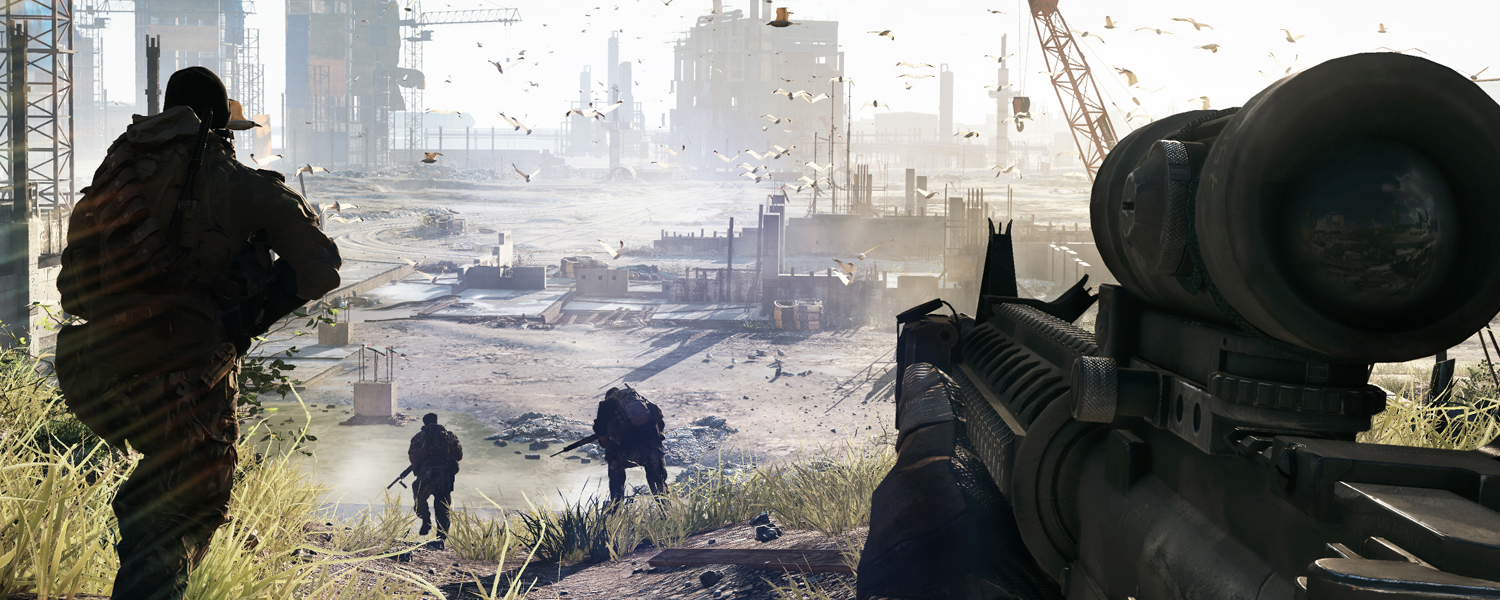
“The working conditions as a freelancer are good, though – you choose what stories to write, you work from wherever makes you comfortable, and if you’ve got a good editor (as I have always had) then writing is usually a pretty pleasurable exercise.”
Cobbett has a lot to say on the topic of working conditions. “[They] depend on where you are, really. When I worked in an office, things were pretty easy-going, but obviously different employers have their own pros and cons.”
“Mostly, you’re either buried in work or terrified that everyone has finally realised you have absolutely no idea what you’re doing. It’s pretty isolated outside of things like Twitter, with little in the way of support or anything – even if you’re friends with the people you do work for, you’re still in a business relationship while on the clock and have to approach it from that perspective.”
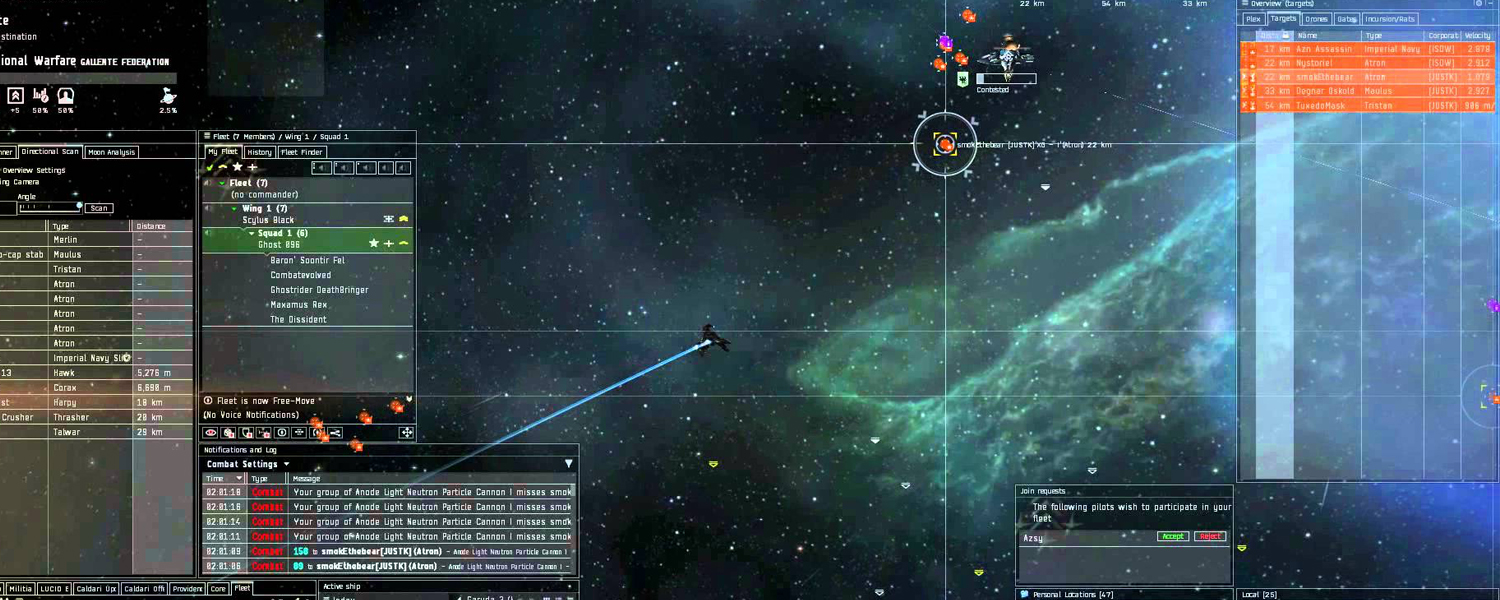
According to Arendt, the working conditions for freelances vary greatly. “If you’re a “permalancer” – someone who is freelance but does all their work for one site – then you basically “go to work” like anyone else.
“The pros of being a freelancer are freedom – you can write anything for anyone you like, as opposed to being restricted to the wants, needs, and style of a particular site. Lots of opportunity there. The cons are fragility – it could all vanish in an instant. If someone doesn’t need you one month, you’ve lost part of your income. And freelancers always, always get paid late.”
“Making freelancing work as a full-time job is extremely demanding, and requires a great deal of discipline and drive.“

One of the big challenges facing those looking to dive into games journalism is its propensity for rapid change.
Golding has plenty of thoughts on the subject.
“As far as I’m concerned, games journalism is already shifting along a few lines: video content of all types; mainstream writing for non-game publications; blogs and community sites; and highly polished content at a small handful of games-specific sites like Polygon.”
“Long-form writing will always be relevant enough to be paid for, but maybe the variety of sites that commission and pay for it in a games-only context will continue to dwindle. But I don’t see it ever completely disappearing.“

Moser agrees, saying, “If I were to look in my crystal ball and make a prediction, I’d say the future is going to be a multimedia-based approach to games criticism, much like it is now but with perhaps more of an emphasis on people being able to adapt to different forms of media.”
“Anyone wanting to get into games criticism is going to have to be a multi-faceted person; comfortable doing videos, talking extemporaneously on podcasts, be a solid writer, and know how to be entertaining as well as informative.”
On the other side of things, crowdfunded avenues like Patreon are emerging that could potentially enable readers to support games journalism more directly. As someone currently making use of the service, Cobbett’s experiences and opinions of the platform have been overwhelmingly positive.

“I don’t make mega-riches or anything from it (about £400 a month at the moment, after currency conversion and fees), but it’s a nice chunk of consistent cash each month and really cool to know that you’re getting it because that many people like what you do enough to give you their cash.”
He does note that “…you either have to have a pretty big existing base or to be willing to play the very long game to raise money.”
Prior to the internet attracting widespread use, many games journalists were independent outfits charged with delivering news and reviews to enthusiastic gamers in monthly print-based installments. These days, things are very different. Big releases, announcements and gaming news used to be squeezed across months but now every day is a race for games writers to break the big headlines.
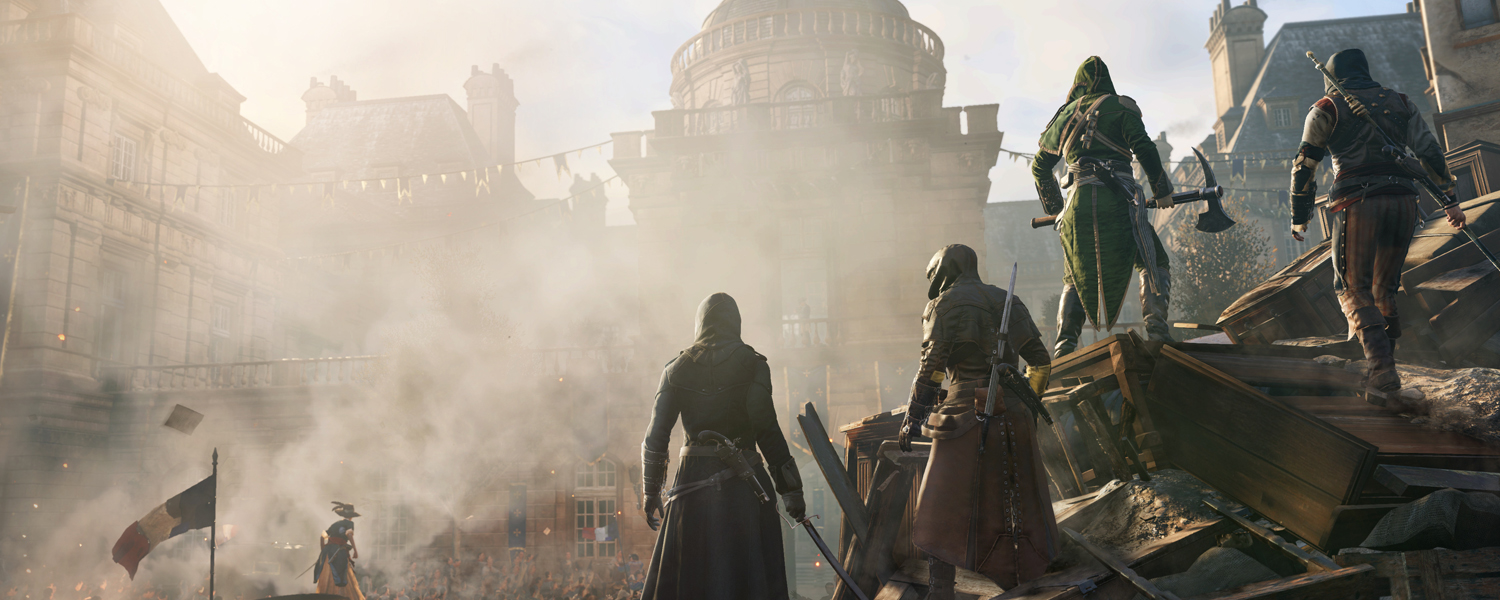
The people behind games journalism have changed too. While much of games journalism’s old guard transitioned from print to web during the early 2000s, many more of today’s games writers, critics and journalists have all grown up web-native and living off the myth of a career writing about games.
There’s definitely something to be said for this myth but, as previously mentioned, games journalism has really become a business in its own right; an unorthodox business driven by page-views, ad-clicks, premium memberships and crowdfunding donations – but a business nonetheless.
Special thanks to Daniel Hindes, Dan Golding, Susan Arendt, Cassidee Moser and Richard Cobbett for taking the time to answer my questions and help with the piece.



